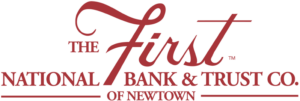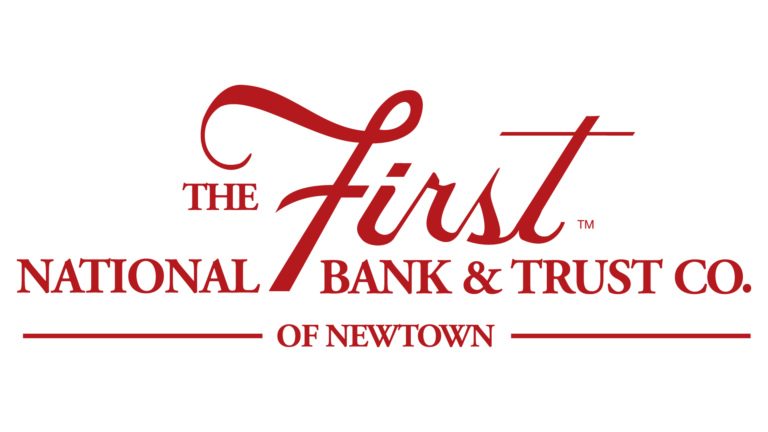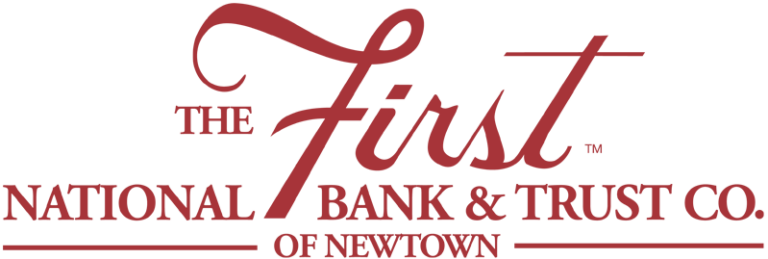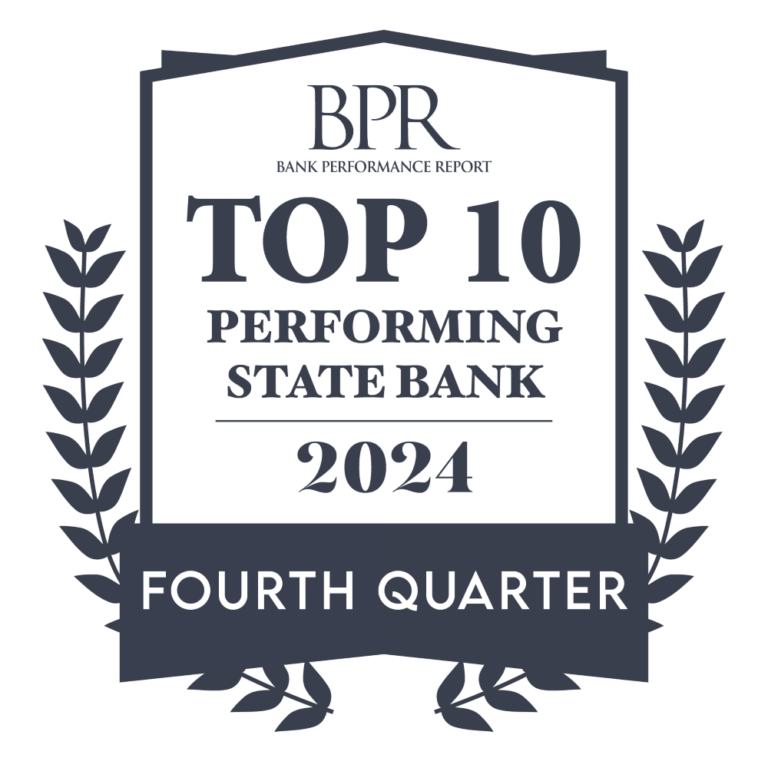Mortgage Loans in Bucks County
Residential mortgages at competitive rates
Home Mortgage Loans
Mortgage Calculator
Estimate your mortgage payment, including the principal and interest, taxes, insurance, HOA and PMI.
This calculator is provided for educational purposes only. The results are estimates based on the information you enter and may not reflect product terms and rates offered by The First National Bank and Trust Company of Newtown. This calculator cannot be used to determine eligibility for any specific product or service.
amount
$2,603 per Month
360-Month loan, 6.5% interest
Principal and interest
$1,770 (68%)
Property Taxes
$542 (19%)
HOA dues
$125 (5%)
Homeowners Insurance
$167 (5%)
Mortgage Insurance
$177 (3%)
Mortgage Loan Rates in Bucks County
| Fixed Annual Percentage Rate | Term of Loan |
|---|---|
| 6.25% | 180 months (15 Year Fixed) |
| 6.50% | 240 months (20 Year Fixed) |
| 7.00% | 360 months (30 Year Fixed) |
- At 6.25%, the payment for each $1000 borrowed over a period of 180 months is $8.57 per month.
For a $100,000 loan at 6.25% for 180 months, the payment would be $857.42 per month. - At 6.50%, the payment for each $1000 borrowed over a period of 240 months is $7.46 per month.
For a $100,000 loan at 6.50% for 240 months, the payment would be $745.57 per month. - At 7.00%, the payment for each $1000 borrowed over a period of 360 months is $6.65 per month.
For a $100,000 loan at 7.00% for 360 months, the payment would be $665.30 per month.
The above payments do not include amounts for taxes and insurance, if applicable. Actual payment obligation may be higher. Additional rates and terms are available, please call for details. Closing costs will apply.
Fixed-Rate Mortgage
One of the most prominent forms of a mortgage loan is the fixed-rate mortgage. Unlike the adjustable-rate mortgage, the fixed-rate mortgage lets homeowners know exactly what their payments will be during the length of the loan, which is generally 15 or 30 years.
Experts generally say that the fixed-rate mortgage is preferable to the adjustable-rate mortgage if interest rates are low at the time the mortgage is taken out, and if the owner expects to live in the house for several years or for the life of the loan.
Adjustable-Rate Mortgage
The adjustable-rate mortgage (ARM) is geared to homeowners who want to start with relatively low monthly payments or are selling or relocating within five to ten years.
ARMs come with interest rates that fluctuate over the life of the loan. For the first year or the first three or ten years of the loan (depending on terms), ARMs begin with a relatively low-interest rate tied to an index such as the federal government’s cost of funds index. That index varies from month to month according to economic indicators. On either the first-, third- or ten-year anniversary (depending on the agreement), the mortgage interest rate is reset based on fluctuations in the index. The First offers multiple options for ARMs such as 7/1, 10/1, 15/1 or 20/1. All residential mortgage rates are tied to the One Year Treasury Index 52 week average.
Typically, the agreement states that at the maximum, the borrower’s interest rate can climb two percent in any one-year and six percent over the length of the mortgage loan. That maximum increase is known as the rate cap.
Because ARMs are usually fixed for one or three years, they appeal to owners who:
- Expect to live only a few years in their home
- Are buying a second home or investment property
Before Your Apply For A Home Loan
Here’s what you’ll need. Loan is subject to credit approval
Appraisal
Escrow
Closing Costs
Find A Local Branch
The First is here to help you reach your financial goals. Find the nearest local branch near you. We’re here for all your banking needs.







